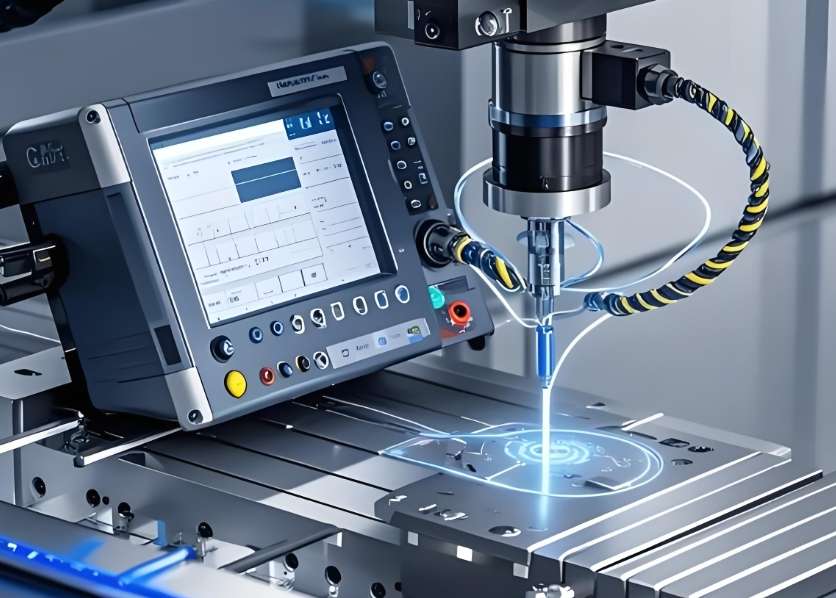
In the complex operating environment of data centers and high-performance computing, liquid-cooling cold plates are the core hardware carriers in the heat conduction process, tasked with the critical job of transferring heat generated by chips to the coolant. To ensure their stable performance during long-term, high-frequency operation, precision shaping of the intricate flow channels and installation structures by CNC machining technology is essential. Moreover, comprehensive quality inspection and compliance measures throughout the entire process are indispensable for safeguarding the reliability of the liquid-cooling system—these elements together form a robust defense for the reliable operation of the system.
CNC machining endows liquid-cooling cold plates with precision characteristics. From material matching to the refinement of flow channels and installation structures, every detail is aimed at enhancing thermal management efficiency and system compatibility. Throughout the entire machining cycle, the quality inspection system is the core link in verifying performance and reliability—dimensional inspection takes the lead in ensuring precision. By precisely measuring key dimensions such as hole spacing and flow channel profiles, it ensures seamless integration of the cold plate with upstream and downstream components, eliminating compatibility risks caused by dimensional deviations and laying the foundation for stable system operation.
Leak-tightness testing is the "lifeline" of the safety of liquid-cooling systems. The integrity of the coolant circulation is directly related to the long-term stability of data centers, and even the slightest leakage can cause equipment failure and maintenance risks. Using professional testing methods, the sealing structure of the cold plate is subjected to multi-dimensional pressure validation to eliminate the possibility of leakage at the source, ensuring the reliable performance of the liquid-cooling system under high-load conditions and providing a stable temperature control environment for continuous computing power output.
Thermal conductivity sampling inspection is a key safeguard for heat dissipation efficiency. Different scenarios have varying demands for thermal conductivity efficiency. Through targeted sampling inspections in batch production, it ensures that each batch of cold plates can stably absorb heat from chips and efficiently transfer it to the coolant. This commitment to consistent thermal performance ensures that liquid-cooling cold plates always meet the system's cooling design expectations in complex computing scenarios, providing fundamental support for the long-term and efficient operation of equipment.
From material processing to performance validation, the deep integration of CNC technology and the quality inspection system enables liquid-cooling cold plates to possess both the precision of intricate structures and reliable performance throughout their entire life cycle. With our professional technical capabilities, we meet the stringent demands of data centers and high-performance computing fields for thermal management hardware and help build more stable and efficient liquid-cooling solutions. If you would like to learn more about the details of CNC machining and quality assurance, please visit our company website at www.simituo.com to explore more possibilities of technology empowering the industry.